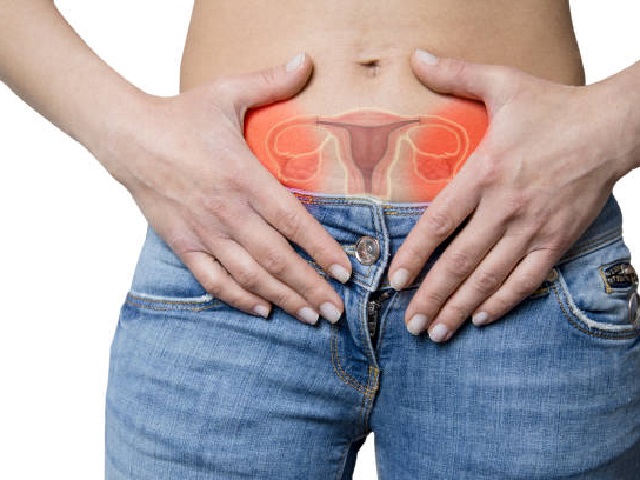7 Signs You May Have Non-Hodgkin's lymphoma -- Symptoms, Causes, Effects, Treatment and Prevention
Non-Hodgkin's lymphoma (NHL) is a type of cancer that affects the lymphatic system. It involves the abnormal growth of lymphocytes, which are a type of white blood cell. The disease can have various symptoms, is diagnosed through different tests, and has several causes and effects. Treatment options are available, and there are certain preventive measures individuals can take to reduce the risk of developing Non-Hodgkin's lymphoma.
Symptoms of Non-Hodgkin's lymphoma:
Non-Hodgkin's lymphoma can present with various symptoms, including:
- Painless swelling of lymph nodes
- Unexplained fatigue and weakness
- Unintentional weight loss
- Night sweats
- Persistent fever
- Chest pain or difficulty breathing
- Abdominal pain or bloating
Diagnosis of Non-Hodgkin's lymphoma:
To diagnose Non-Hodgkin's lymphoma, healthcare professionals may perform the following:
- Physical examination to assess lymph node enlargement
- Imaging tests such as CT scans and PET scans
- Biopsy to analyze lymph node or affected tissue samples
- Staging procedures to determine the extent of the disease
Causes of Non-Hodgkin's lymphoma:
The exact causes of Non-Hodgkin's lymphoma are not fully understood. However, certain factors may increase the risk, including:
- Weakened immune system
- Infections with certain viruses, such as Epstein-Barr virus or HIV
- Exposure to certain chemicals or radiation
Effects of Non-Hodgkin's lymphoma:
Non-Hodgkin's lymphoma can have various effects on the body, including:
- Disruption of the normal functioning of the lymphatic system and immune system
- Enlargement of lymph nodes and affected organs
- Spread of cancer cells to other parts of the body
Treatment of Non-Hodgkin's lymphoma:
Treatment options for Non-Hodgkin's lymphoma depend on the type, stage, and other factors. Common treatment approaches include:
- Chemotherapy to destroy cancer cells
- Radiation therapy to target and kill cancer cells
- Immunotherapy to enhance the immune system's response against cancer
- Targeted therapy to block specific molecules involved in cancer growth
- Stem cell transplantation to replace diseased cells with healthy ones
Prevention of Non-Hodgkin's lymphoma:
While the exact prevention methods are not known, some strategies may reduce the risk of developing Non-Hodgkin's lymphoma:
- Maintaining a healthy weight and lifestyle
- Avoiding exposure to certain chemicals and toxins
- Protecting against viral infections through vaccinations and practicing good hygiene
- Following recommended safety guidelines for radiation exposure
Please note that the information provided is for educational purposes only and should not replace professional medical advice. It's important to consult with healthcare professionals for accurate diagnosis, treatment, and personalized guidance regarding Non-Hodgkin's lymphoma.
References:
American Cancer Society. (2021). Non-Hodgkin Lymphoma. Retrieved from https://www.cancer.org/cancer/non-hodgkin-lymphoma.html
National Cancer Institute. (2021). Adult Non-Hodgkin Lymphoma Treatment (PDQ) � Health Professional Version. Retrieved from https://www.cancer.gov/types/lymphoma/hp/adult-nhl-treatment-pdq


















